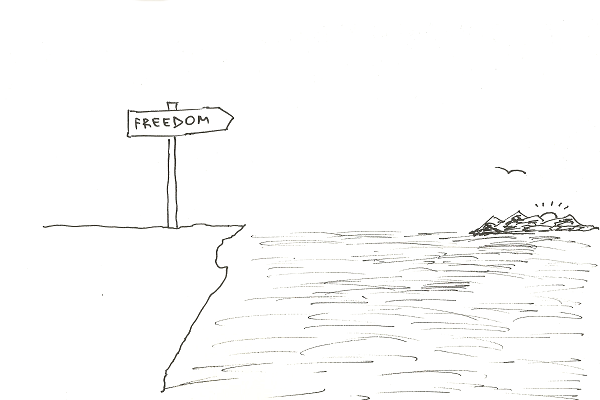SKOPJE, 07.05.2018 – The media in Macedonia are still on the brink of corruption, crime, manipulations and threats, political propaganda and violence against journalists. Despite the social-political turmoil, the fall of a long-standing regime to which the media were the biggest servants, changes are going slow.
Following April 27, the violent attack in the Parliament of Republic of Macedonia and the violence in which journalists suffered in addition to parliamentarians, there are still ongoing court processes in regards to the physical violence on more than 10 injured journalists.
On thе day, when the media are marking their struggle for freedom, the conclusion is that the impunity of the acts related to the attack on the journalists indicates a compelled and fictitious democracy.
The pressures, blackmail, hate speech still exist in the media space in a hidden way, while their long time of ruling is difficult to eradicate in one year.
Despite the efforts of the new government, the critical journalism still does not know what to criticize and how to criticize. Professionalism, objectivity and responsibility are reduced to mere survival and elimination of some media, as opposed to the emergence of new media.
At the round table “Is there freedom in Macedonia” organized by CIVIL, Dragan Sekulovski, the Executive Director of the Association of Journalists of Macedonia, pointed out to the grim media reality in Macedonia and the register of over 55 attacks on journalists. Just last year, 18 journalists had been victims of violent attacks in which not only had their equipment been damaged, but also their lives and the lives of their families had been endangered.
“Here in Macedonia, unfortunately, in terms of those 55 cases that we have registered, and that refer to the last four years, there is still no final court resolution”, said Sekulovski.
Even though CIVIL’s project “From understanding to defense”, dedicated to media freedom and freedom of expression, has showed that there are indicators of the media being freed through self-regulation and financial independence, the findings and recommendations of the AJM and of CIVIL indicate that there is a lack of responsibility, punishing and legal consequences for the damaged media space.
“An attack on a journalist is an attack on the democracy of a country”, highlighted Sekulovski, and the democracy in Macedonia is still walking on thin ice.
Violence and impunity of media workers and journalists is a fight that has yet to be won. The need for support of civil society organizations, but also the commitments of the relevant institutions in support of the bodies for media self-regulation and their independence will help in depoliticization, professionalism and independent work of the media. But also, there is hope that this relation media-civil society-institutions will succeed to contribute in improving the media freedoms and freedom of expression.








